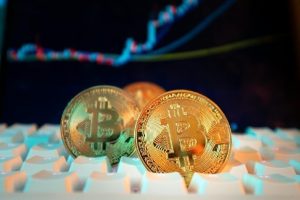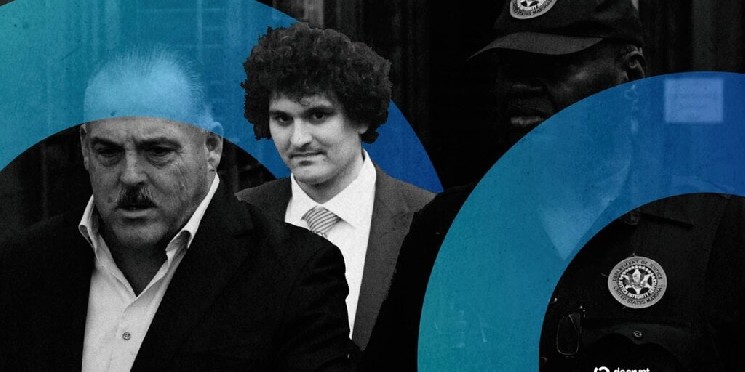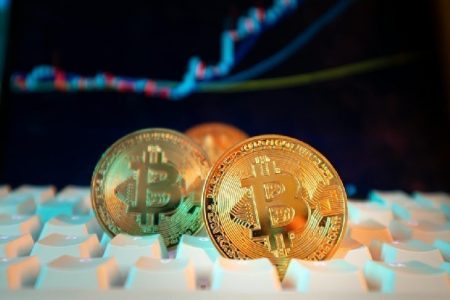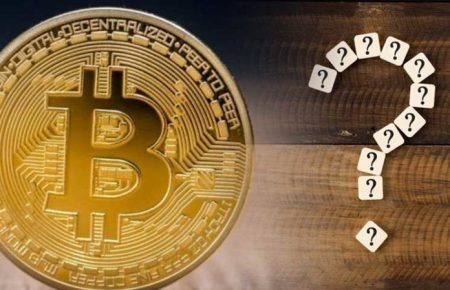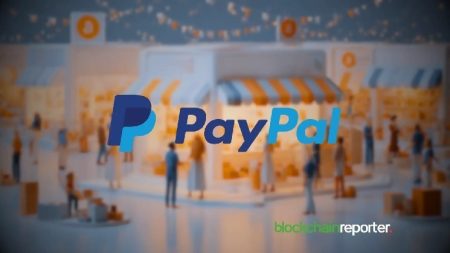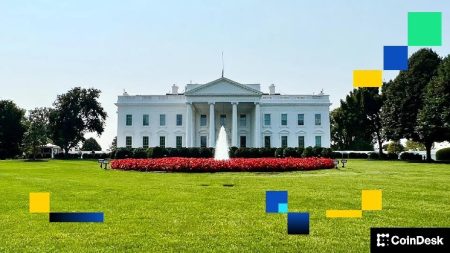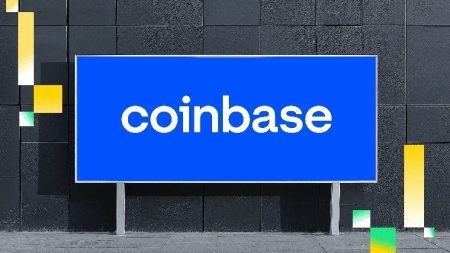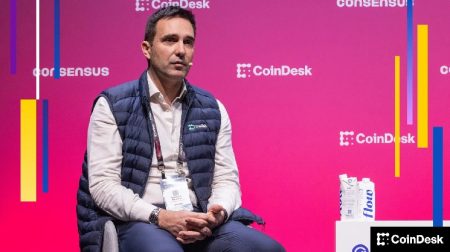Investigation Uncovers Limited Evidence for “Massive” Sam Bankman-Fried Pardon Campaign
Conservative Activist’s Claims Spark Social Media Firestorm Amid Minimal Substantiation
In a digital age where speculation travels at lightning speed, conservative activist Laura Loomer ignited a social media firestorm Wednesday with explosive allegations regarding convicted cryptocurrency executive Sam Bankman-Fried. Her viral post on X (formerly Twitter) claimed that a “massive and well-funded” lobbying effort is underway to convince President Donald Trump to pardon the disgraced founder and former CEO of collapsed cryptocurrency exchange FTX. This claim, which spread rapidly across social media platforms, touched a nerve among partisans who viewed it as evidence of behind-the-scenes corruption or another conspiracy theory in the making. However, a thorough investigation into these assertions reveals more questions than answers about the existence of such a coordinated campaign.
The Origins of the Controversy and Its Rapid Dissemination
“There is a massive and well funded lobby effort to get this criminal pardoned,” Loomer declared on X. “He’s going to pretend like he was a victim of Joe Biden and the Democrats after he funded all of the left’s campaigns. Don’t fall for it.” Her post immediately gained traction, accumulating thousands of retweets and comments within hours as users across the political spectrum debated its validity. The explosive nature of the allegation—suggesting that a convicted financial criminal who once represented the pinnacle of cryptocurrency success might secure a presidential pardon through backroom dealings—perfectly encapsulates the intersection of finance, politics, and social media that defines our current information ecosystem. But beyond the digital noise and partisan reactions lies a more complex reality that requires careful examination of the available evidence.
Early Warning Signs: Preliminary Efforts by Bankman-Fried’s Family
While there’s limited evidence supporting the existence of a massive lobbying campaign, some early warning signs have emerged. In January, Bloomberg reported that Bankman-Fried’s parents—Stanford law professors Joseph Bankman and Barbara Fried—had “explored ways” to seek clemency for their son through Trump’s orbit. According to sources familiar with the matter who spoke to the Wall Street Journal, these explorations were substantive enough to warrant strategy memorandums and outreach to external counsel. However, no direct contact with Trump’s campaign has been confirmed to date. These preliminary inquiries by Bankman-Fried’s family represent the most concrete evidence of any pardon-seeking efforts, though they fall considerably short of the coordinated lobbying machine described by Loomer. Since receiving his 25-year prison sentence and $11 billion forfeiture order, Bankman-Fried has seemingly attempted to reposition himself amid his ongoing appeal, participating in a March jailhouse interview with Tucker Carlson where he distanced himself from Democratic politics and hinted at sympathy for Republican critics of federal prosecutors—moves some interpret as laying groundwork for a potential clemency request.
Market Volatility and Misinformation: The Cryptocurrency Connection
The intersection of politics and cryptocurrency markets was starkly illustrated in July when FTX’s defunct exchange token (FTT) experienced a significant price surge based on unfounded social media rumors that President Trump had already signed a pardon for Bankman-Fried. This false information spread rapidly through cryptocurrency communities before being debunked by referencing the Justice Department’s clemency log, which showed no such action. The incident demonstrates the financial stakes involved in the Bankman-Fried saga and how rapidly speculation around potential political interventions can move digital asset markets. Cryptocurrency investors and enthusiasts continue to closely monitor any developments related to Bankman-Fried, whose dramatic fall from grace as a once-celebrated industry innovator worth billions to federal prisoner has become emblematic of both the volatility and regulatory challenges facing the crypto sector. This sensitivity to information—even unverified rumors—creates fertile ground for claims like Loomer’s to gain traction regardless of their factual foundation.
The Absence of Concrete Evidence: What’s Missing from the Narrative
Despite the social media uproar, several critical pieces of evidence that would substantiate claims of a “massive and well-funded” lobbying effort remain conspicuously absent. A thorough review of the federal Lobbying Disclosure Act database reveals no registered firms lobbying for a “Bankman-Fried pardon” or any related clemency initiative. While experts note that pardon lobbying often operates in regulatory gray zones—with consultants potentially labeling their work as “government relations” to avoid formal registration requirements—the complete absence of official filings raises significant questions about the scale of any existing efforts. Additionally, the Justice Department’s 2025 clemency list does not include Bankman-Fried, and no filing, docket, or White House statement indicates that a petition has advanced beyond exploratory conversations. Prediction markets further suggest skepticism about imminent clemency, with Polymarket bettors assigning only a 3% probability that Bankman-Fried will be released from custody in 2025. These factors collectively undermine the narrative of a substantial, coordinated campaign currently in progress.
The Broader Context: Presidential Pardons in the Cryptocurrency Space
While evidence for a specific Bankman-Fried pardon campaign remains limited, the broader context of presidential clemency in the cryptocurrency space deserves consideration. President Trump previously pardoned Arthur Hayes and his BitMEX co-founders in March, establishing a precedent for executive clemency in high-profile cryptocurrency cases. Recent speculation has also emerged suggesting that Trump may be considering a pardon for Binance founder Changpeng “CZ” Zhao, who is currently serving his own prison sentence for financial crimes. These precedents create a plausible backdrop against which future cryptocurrency-related pardons could be considered, though they do not themselves constitute evidence of a specific effort targeting Bankman-Fried’s case. The cryptocurrency industry’s complex relationship with political power—spanning traditional partisan divides and involving significant financial resources—further complicates any analysis of potential pardon prospects. Industry leaders and advocates continue to push for regulatory clarity while navigating the legal challenges that have ensnared several prominent executives.
Conclusion: Separating Fact from Fiction in a High-Stakes Narrative
The explosive claim of a “massive and well-funded” lobbying effort to secure a presidential pardon for Sam Bankman-Fried has certainly captured public attention, but the available evidence suggests this characterization may be premature at best. While Bankman-Fried’s parents have apparently explored clemency options and the cryptocurrency markets have demonstrated sensitivity to pardon rumors, concrete indicators of a substantial lobbying machine remain elusive. The absence of lobbying disclosures, official clemency actions, and the low odds assigned by prediction markets all suggest that—at present—there is more smoke than fire surrounding this controversy. As with many narratives at the intersection of politics, finance, and social media, the truth appears more nuanced than viral claims suggest. For now, observers would be wise to maintain skepticism and demand substantive evidence before accepting assertions about coordinated pardon campaigns. The Bankman-Fried saga continues to evolve, but claims of massive behind-the-scenes maneuvering require correspondingly substantial proof—a standard not yet met in this case despite the social media firestorm.


